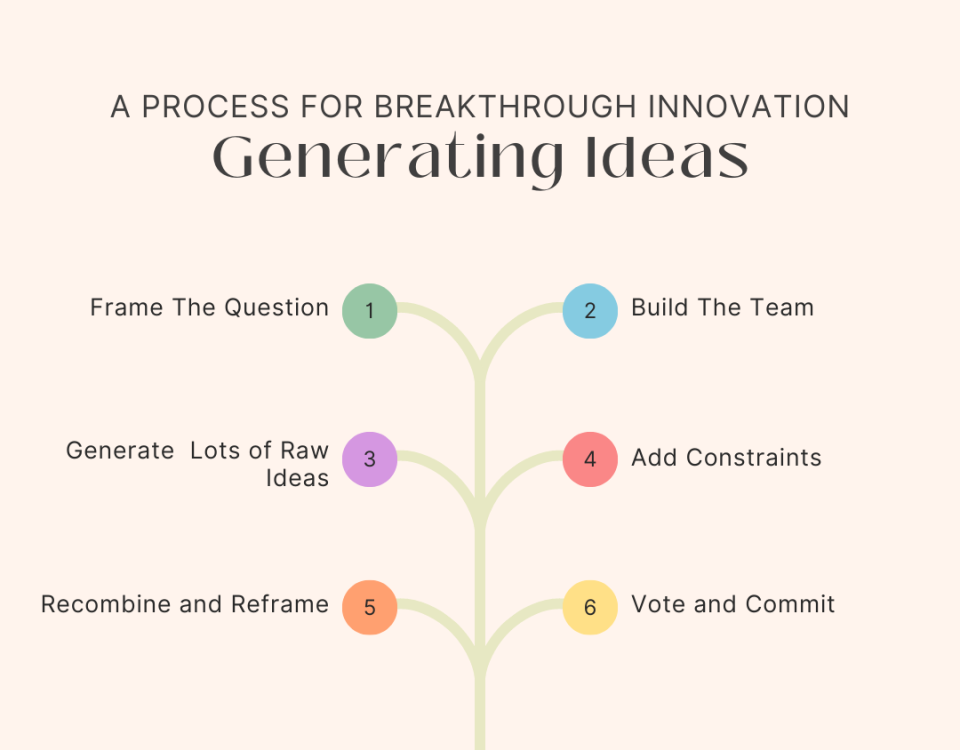- How may I help you?
- 8233970000
- 9829016449
- info@ipsedu.in
Speak With Confidence: Four Solutions That Work
Whether choosing a money manager, hearing a witness testify, or picking a prime minister, listeners are more persuaded when communicators seem more certain or confident about what they are communicating. Scientists have refined the exact components of “powerful” language, but at its core, the main idea is that speaking with power makes people seem more self-assured and knowledgeable, which in turn makes audiences more likely to listen and be persuaded. But you don’t need to be born with the ability to speak with power or confidence — it’s something you can learn. New research on the science of language reveals four specific changes that will help you speak with greater power.
Action Steps
Ditch the hedges -
When someone says “around,” “arguably,” “I believe,” “generally,” “kind of,” “maybe,” “presumably,” “rarely,” or “usually,” they’re hedging. They’re expressing uncertainty in one way or another. Hedging undermines your impact, because while you’re sharing your thoughts or recommendations, you’re simultaneously suggesting that you’re not sure they are worth considering.
- Use definites -
Instead of hedges, use words like “definitely,” “clearly,” and “obviously,” which remove any shred of doubt. These “definites” do more than signal a lack of uncertainty. They indicate that things are 110 percent clear. You project confidence, making listeners more likely to follow you and whatever you suggest doing. - Don’t hesitate -
In everyday speech, most of us say things like “uh,” “um,” and “er” a lot. We use this common verbal tic when we’re collecting our thoughts or deciding what to say next. But when you use them too often, they can weaken what you say. In fact, research shows hesitations make you seem even less confident, less powerful, and less effective than hedges. Instead, try pausing more. It gives you time to figure out what to say and makes you seem more competent. Studies find that pausing leads speakers to be perceived more positively. It not only gave the audience time to process what was said but also encouraged them to respond in agreement, which led them to like the speaker more overall. - Turn pasts into presents -
Past tense suggests something was true at a point in time for a particular person. Saying “The solution worked well” indicates that you thought the solution was effective when you implemented it. Present tense — saying “works well,” for example — suggests stability, something more general and enduring that you are relatively certain about. Not only did it work well in the past, but it will also do so in the future. Want to increase your impact and influence? Change how audiences see whatever you share by describing the results of a big project as what you find rather than what you found. Talk about how people are doing something rather than how they were doing it.
How Leaders Use It
Sales executive Reena Mishra makes almost a dozen presentations a week to existing and prospective clients and to internal colleagues and management. But her impact was minimal, only sometimes persuading people to take her advice or go along with her suggestions. The content wasn’t the issue: her presentation decks were strong. But transcripts showed that she was saying “uh,” “um,” and “er” a lot. To cull these hesitations, she practiced what she was going to say, scripted answers to questions in advance, and paused when necessary to get back on track. It worked. Using fewer “um”s and “uh”s made her pitches sharper, and the next month, she converted almost a third more potential prospects into clients.
The CEO of a major corporation told a linguistics researcher that the decisions he has to make in five minutes are often about projects others have worked on for five months. To do that, he relies on a simple rule: If the person seeking approval sounds confident, he supports them. If not, he denies them. Once those who work for him understand the rule, they can most easily convey the kind of certainty and decisiveness needed to get their project approved, avoiding any hint of humility or hedging, by using definites such as “clearly,” “unquestionable,” “irrefutably,” “absolutely,” and “undeniable.”





